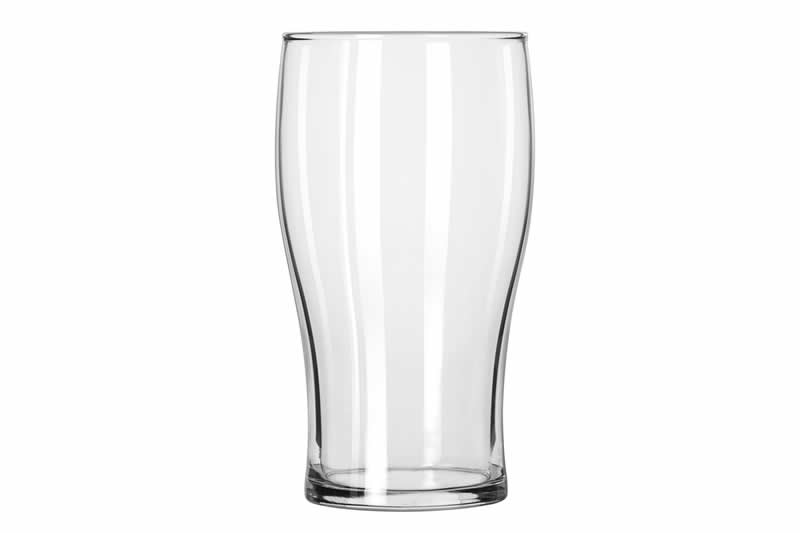Dry July has been on the calendars of thousands of Australians for several years now. More than just a test of willpower, the event is a fantastic way for regular drinkers to make some money for worthy causes and to ditch unhealthy habits (albeit temporarily).
The fact that giving up booze for a mere month amounts to a challenge is indicative of how central a role it plays in many of our lives. As a nation we’ve almost become addicted to bouts of sobriety, with Ocsober and FebFast also proving to be popular campaigns. While such events are undoubtedly beneficial to one’s health during the month that they take place, the question remains as to whether they make any long-term positive impact. Is a month off the sauce an effective method to create healthier drinking patterns?
Short term benefits
Before going into the possible ways a dry month can impact long-term health, it may be useful to look at the short-term benefits, as these are often what draw people into taking on the challenge in the first place.
Improved sleep quality
One of the first differences regular drinkers are likely to notice take hold is improved sleep quality. Alcohol is great for sending you to sleep swiftly but is also likely to disrupt sleep throughout the night and impact how rested you feel upon waking. It also exacerbates problems such as sleep apnoea and snoring, not to mention its potential to send the weak-bladdered to the bathroom every hour or so. In this way, a month off drinking can leave people feeling energised, more productive and happier than they do on a drinking month.
Weight loss and improved liver function
One of the most visible effects of going sober for many participants of Dry July is a significant weight loss. Alcohol contains a surprising number of calories, so cutting back is a simple way to shift any excess pounds. What’s more, abstinence is a great way to give your liver a rest. This is particularly important for drinkers who are liable to overindulge on a regular basis. Liver function starts to improve relatively quickly after a sober period begins, but it is important to note that these effects will be immediately reversed if you start drinking heavily again.
Discover new hobbies and social activities
One of the unfortunate truths about alcohol is that it is an effective social lubricant and heading to a bar is often the default option for many social circles.
However, with drinking often driven by social pressures and a desire to conform, taking on a challenge such as Dry July can have a knock-on effect with surrounding peers. Abstinence could help you and your friends discover fun new social activities that you might not otherwise try, such as joining a sports or dance club. The opportunities are endless once you put your mind to it.

Long term benefits
So the short-term benefits of a month off the booze are already starting to look quite attractive. But what about the long-term benefits? Unfortunately, a month’s abstinence is very unlikely to make much of a difference to your health if the plan is to return straight back to old drinking habits. Drinking to excess carries with it a whole host of potential risks, including heart disease, liver disease, stroke, high blood pressure, and various types of cancer. Lowering these risks involves taking control over your drinking and refraining from overindulging on a frequent basis.
Australia’s National Health and Medical Research Council recommends that people drink no more than two standard drinks a day, and no more than four on a single occasion. If you stick to these guidelines, then the lifetime risk of death from an alcohol-related injury or disease is lowered to below one in 100.
While the thought of cutting back dramatically over a lifetime may seem daunting to some people, there are in fact ways that taking part in Dry July can help kickstart a healthier relationship with alcohol in the long run.
Psychological benefits of abstinence
Some research undertaken in the UK has shown that in the weeks and months following initiatives such as Dry July, participants report being more conscious of their drinking habits, and drinking less overall. This suggests that a short bout of abstinence can engender longer-term healthy attitudes towards alcohol.
However, research also shows that some participants in Dry July and similar campaigns use the annual events as an excuse to return back to their old ways once the month is over. Unfortunately, abstaining for a month a year in this way is unlikely to reap many benefits.
So how should you approach Dry July?
Consider your own relationship with alcohol
While many people have a perfectly healthy relationship with alcohol, the fact that initiatives such as Dry July exist suggests that many of us do not. We often underestimate how much we drink and may be unwilling to admit the extent to which we use alcohol as a method of relaxation and a means to make new social contacts.
Challenging yourself to abstain from booze for a month is certainly no bad thing and can be a great way to reflect on your relationship with alcohol. Use the month wisely by working on your health, relationships and productivity, and think about whether alcohol may be stopping you from pursuing certain activities you enjoy. This will be a great first step towards a brighter and healthier future.
